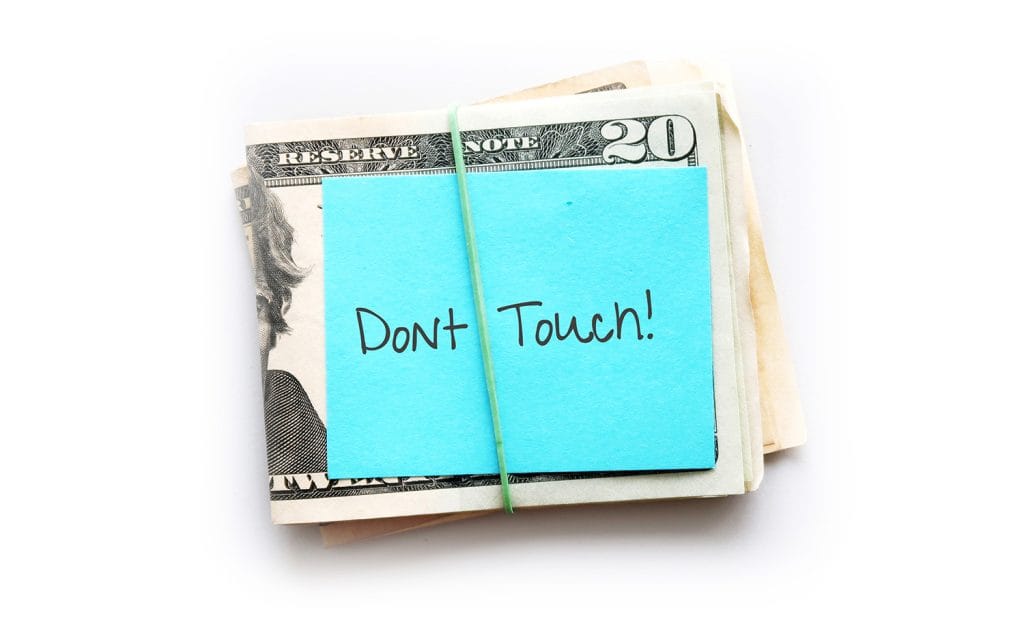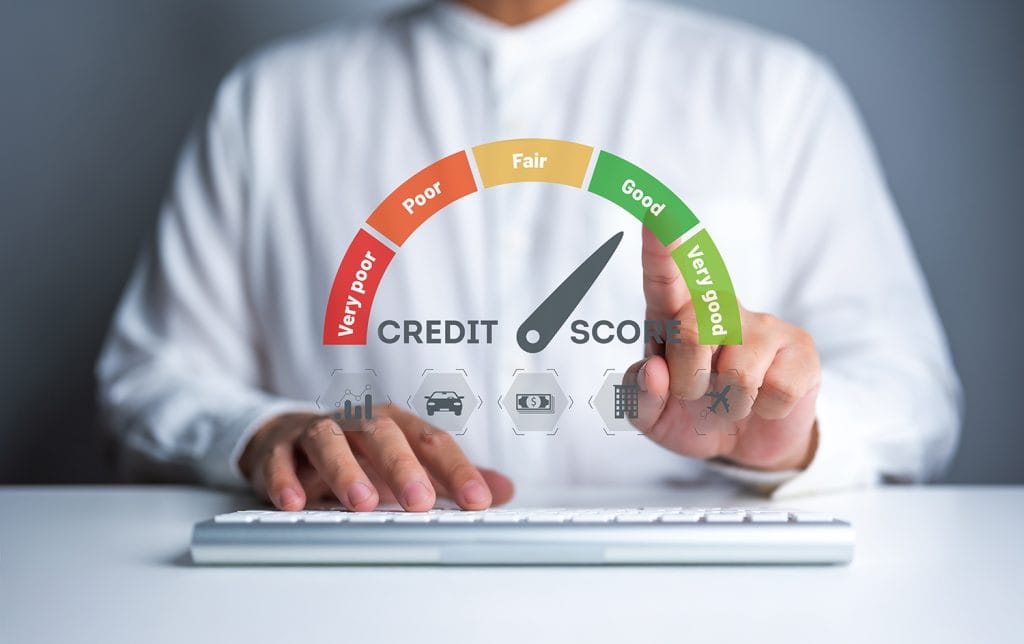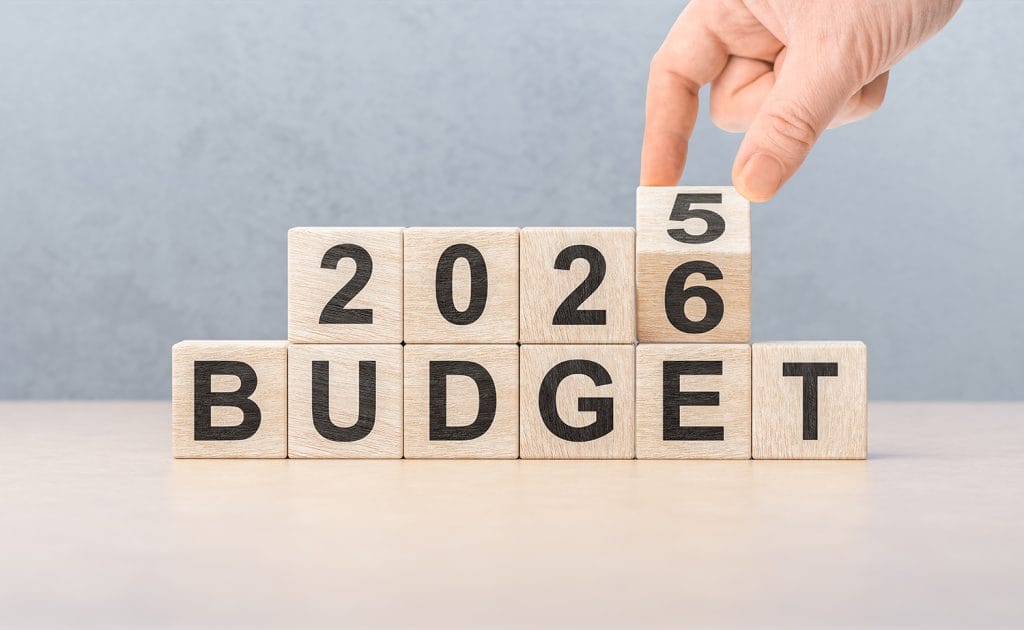
Expect the Unexpected: Why You Need an Emergency Fund
Having money on hand to cover unexpected bills is good for your financial health. Learn about starting an emergency fund.
Three cheers for you! You knuckled under and made some hard choices to build up a pile of money for unexpected events, like car repairs, medical bills, a job loss or other emergencies.
Most experts, including us, recommend having enough in your emergency fund to cover three to six months of living expenses. That can be quite a lot of money, so the next question is: where should you stash those funds?
Keep Your Emergency Savings Safe
Your emergency fund should be kept separate from your day-to-day checking account and other accounts you use to save up for things like vacations, holiday spending or the down payment on a home. This helps avoid the temptation to dip into your emergency fund for other needs and wants, or to “borrow” from the fund or use it for nonessential purchases.
Here are three solid options that provide ready access to the cash when you need it, but also ensure your money is safe and secure.
Where NOT to Keep Your Emergency Fund
We’ve already covered why your checking account is not a great place for your emergency fund – it’s just too easy to dip into it to cover regular expenses, or mix-up day-to-day funds with emergency funds. But here are a couple of other less-than-ideal options that might seem smart at first glance, but generally aren’t good choices for stashing your emergency fund.
At Home: Having some available cash at home in the event of an emergency (like an earthquake) is a good idea, because in the event of a natural disaster you may not be able to get to an ATM and banking systems could be down temporarily. But that’s different and separate from your emergency fund, which will likely total considerably more money. Your emergency fund needs to be safe and secure, so don’t hide it under your mattress or in the cookie jar, where it could be stolen or damaged in a fire or flood.
Stocks and Bonds: We’re huge fans of investing in a balanced portfolio of stocks and bonds (including through mutual funds) for long-term financial goals such as retirement savings, but these are not a good choice for funds you might need at a moment’s notice. That’s because the value of investments typically fluctuate over time, and you don’t want to have to sell at a loss, simply because you need the money at a time when prices are down.
Want to learn more about personal financial topics? Visit the financial education section of our website.

Having money on hand to cover unexpected bills is good for your financial health. Learn about starting an emergency fund.

Learn seven ways you can raise your credit score and improve creditworthiness.

Learn the essential basics of budgeting, plus practical tips designed to foster better money habits.
Copied to clipboard!